Reforestation Project
planting trees for every order
East African Mangroves
With your support, we are restoring the mangrove forests in East Africa. The goal of this project, made possible by Eden Reforestation Projects, is to empower the coastal communities.
Coastal communities in Eastern Africa are dependent on the mangrove ecosystems for employment, livelihood, and nutrition. In recent decades, these coastal areas have been urbanised at unprecedented rates. Mangrove forests were converted into other land use. Coupled with lack of effective governance, mangroves were overexploited and over-harvested. The destruction of the mangrove forests also contributed to the loss of critical habitats for many organisms. Threatening the livelihoods of these impoverished communities, pushing them further into poverty.
With your support, we are restoring the mangrove forests. The goal of this project is to empower the impoverished coastal community to break the poverty cycle. In restoring the mangrove estuary, which is rich in biodiversity, this project will provide fishing grounds for local people. This helps to create additional income streams, including sustainable harvests from the mangrove forests. The restored forests will also help to stabilise coastlines. This will act as a vital line of defence to protect the land and the communities during tropical storms.
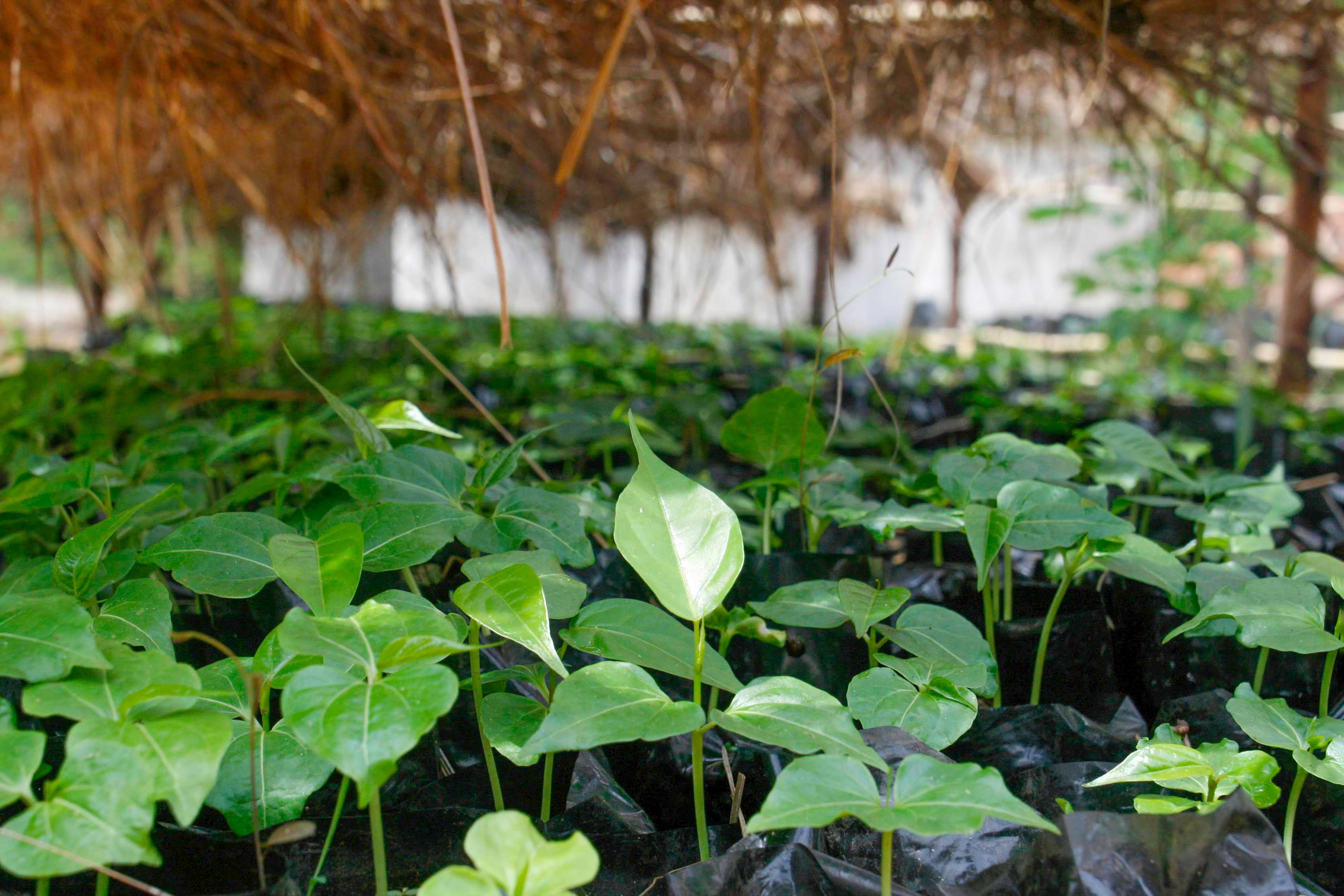
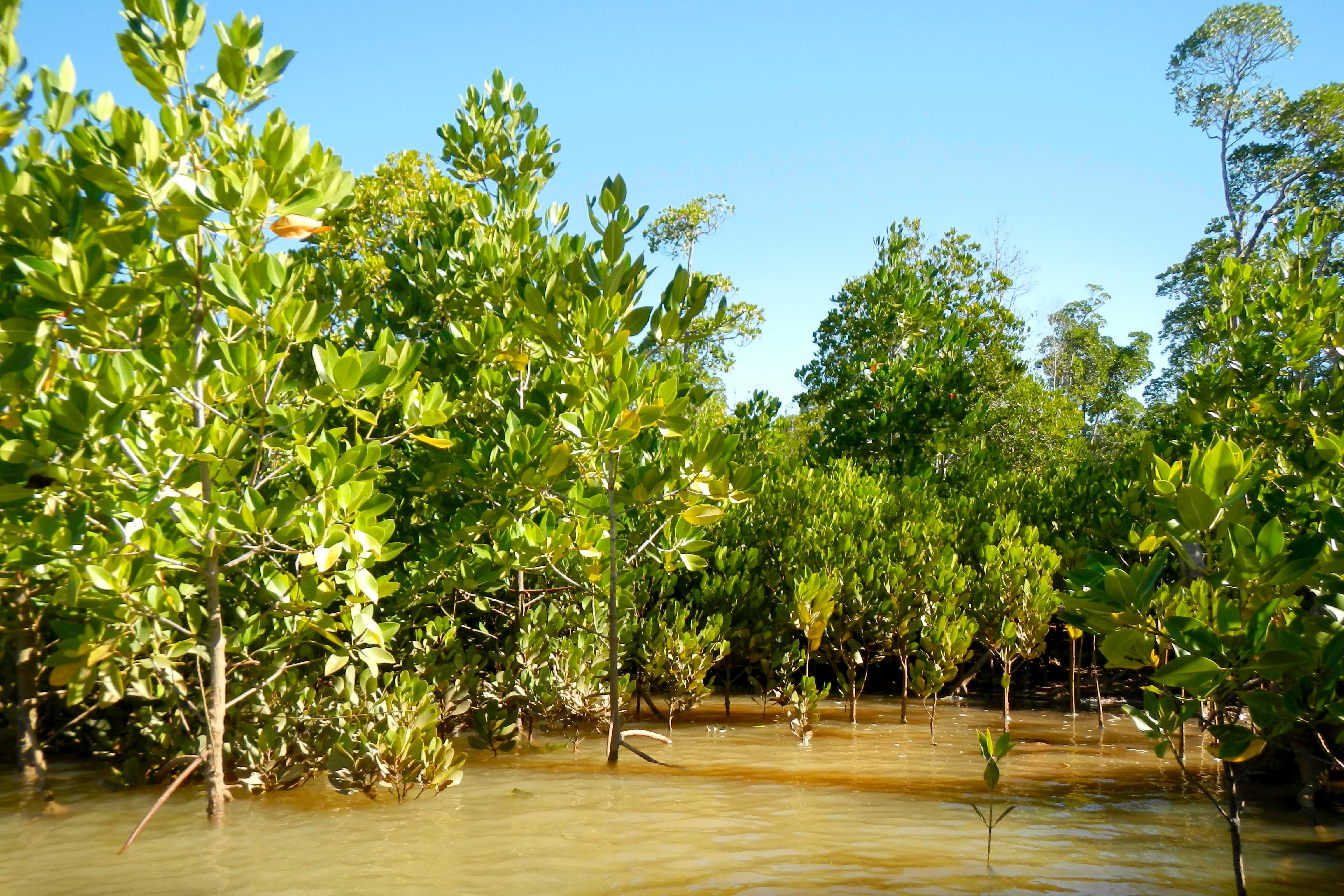
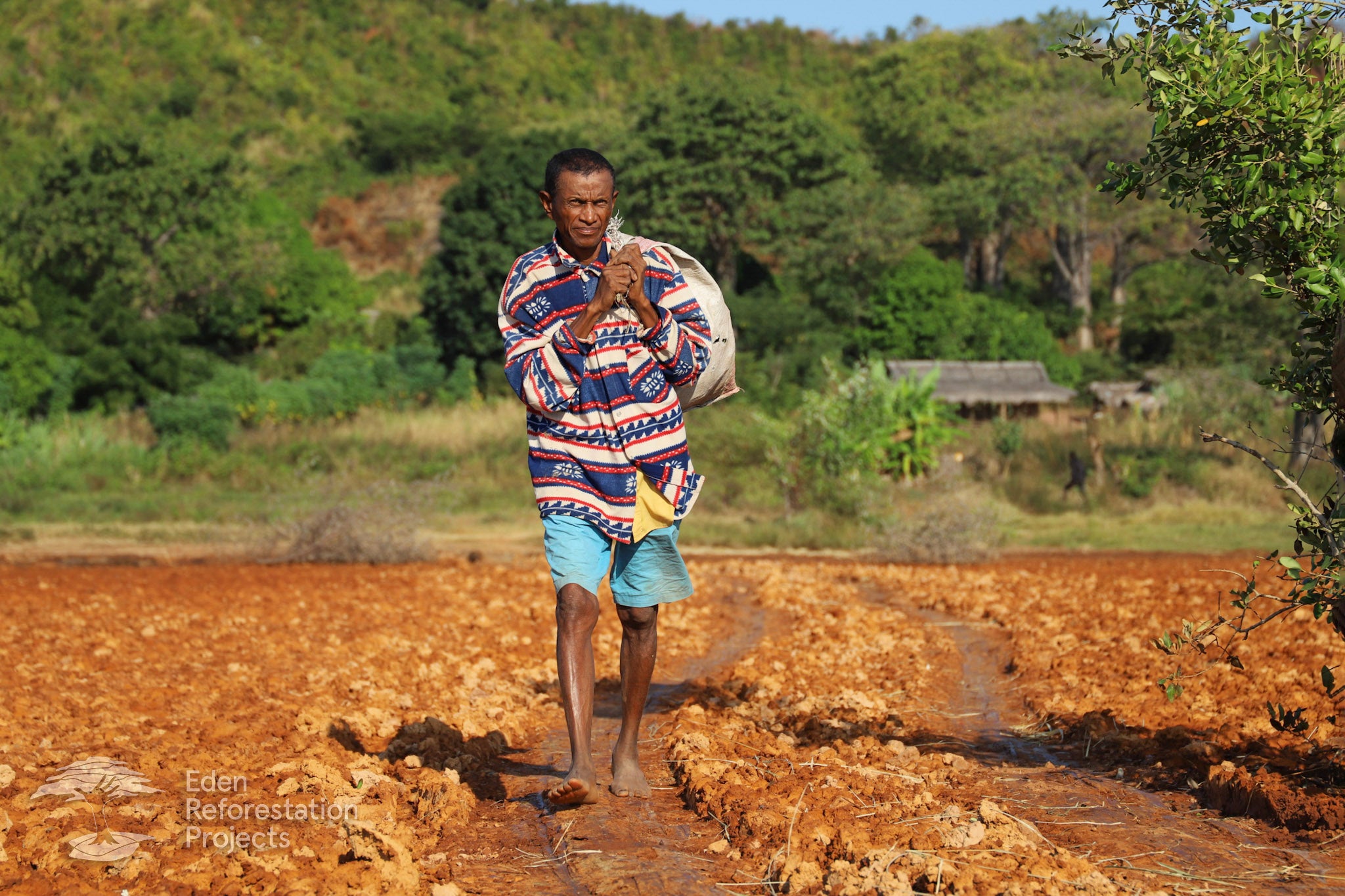
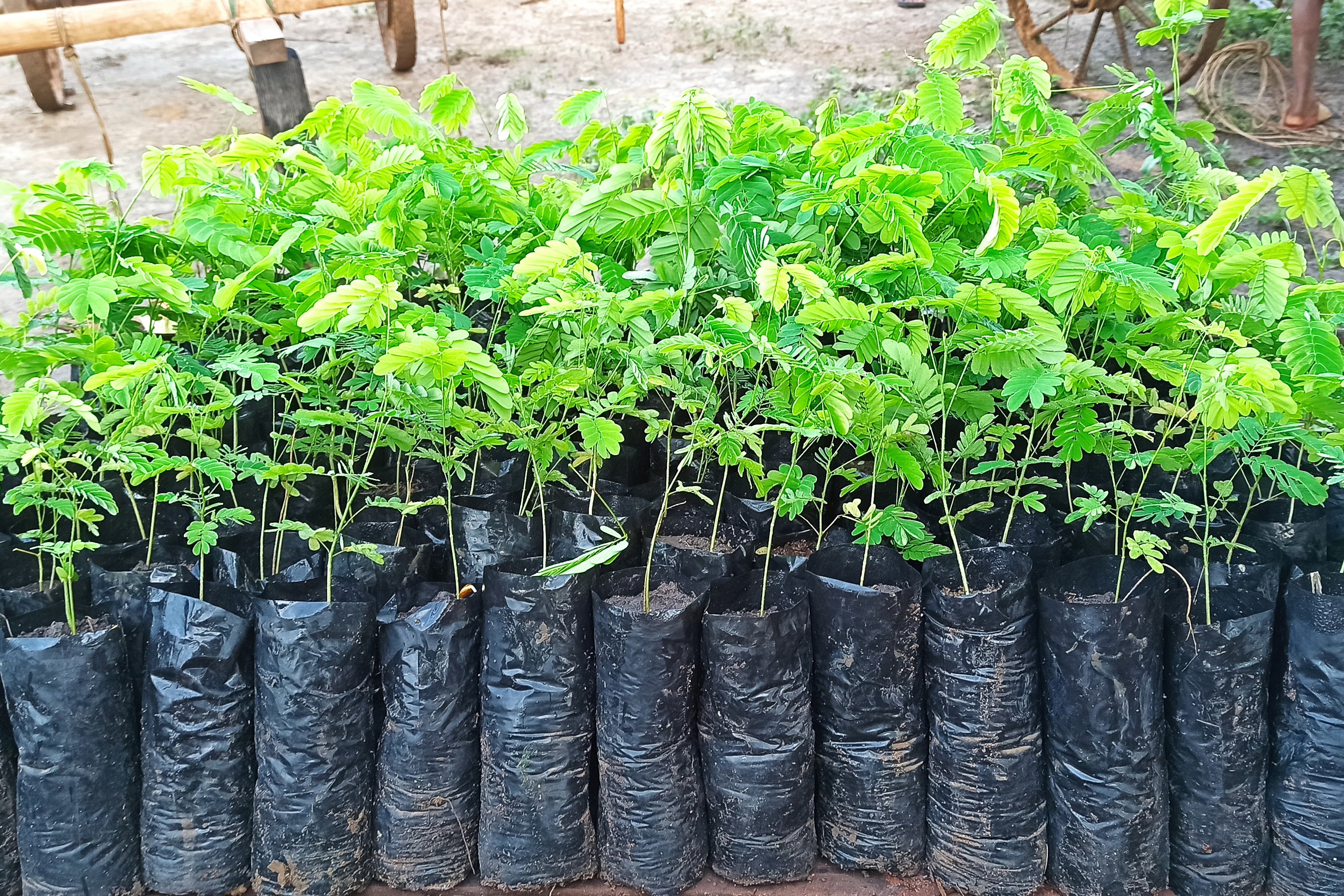

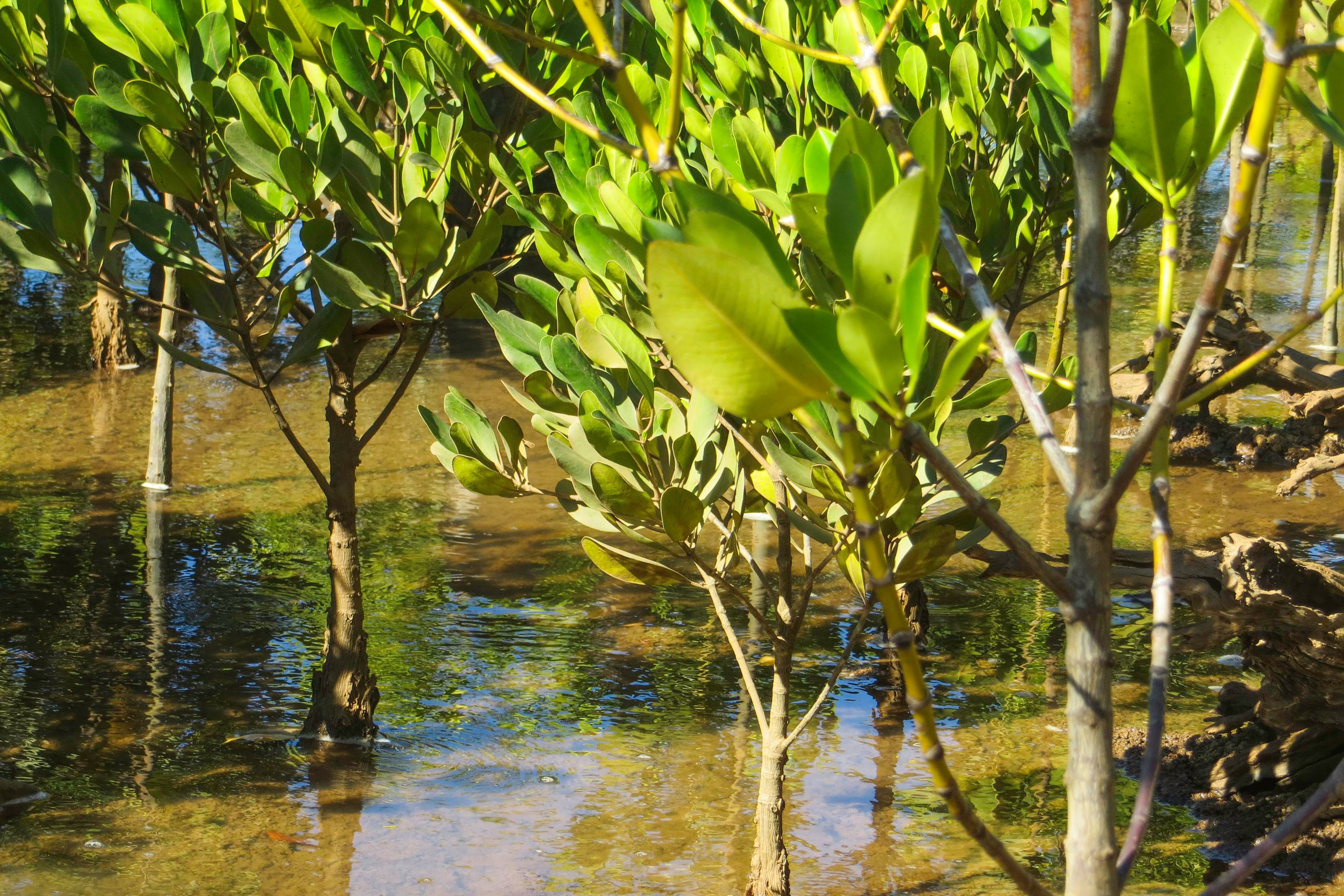
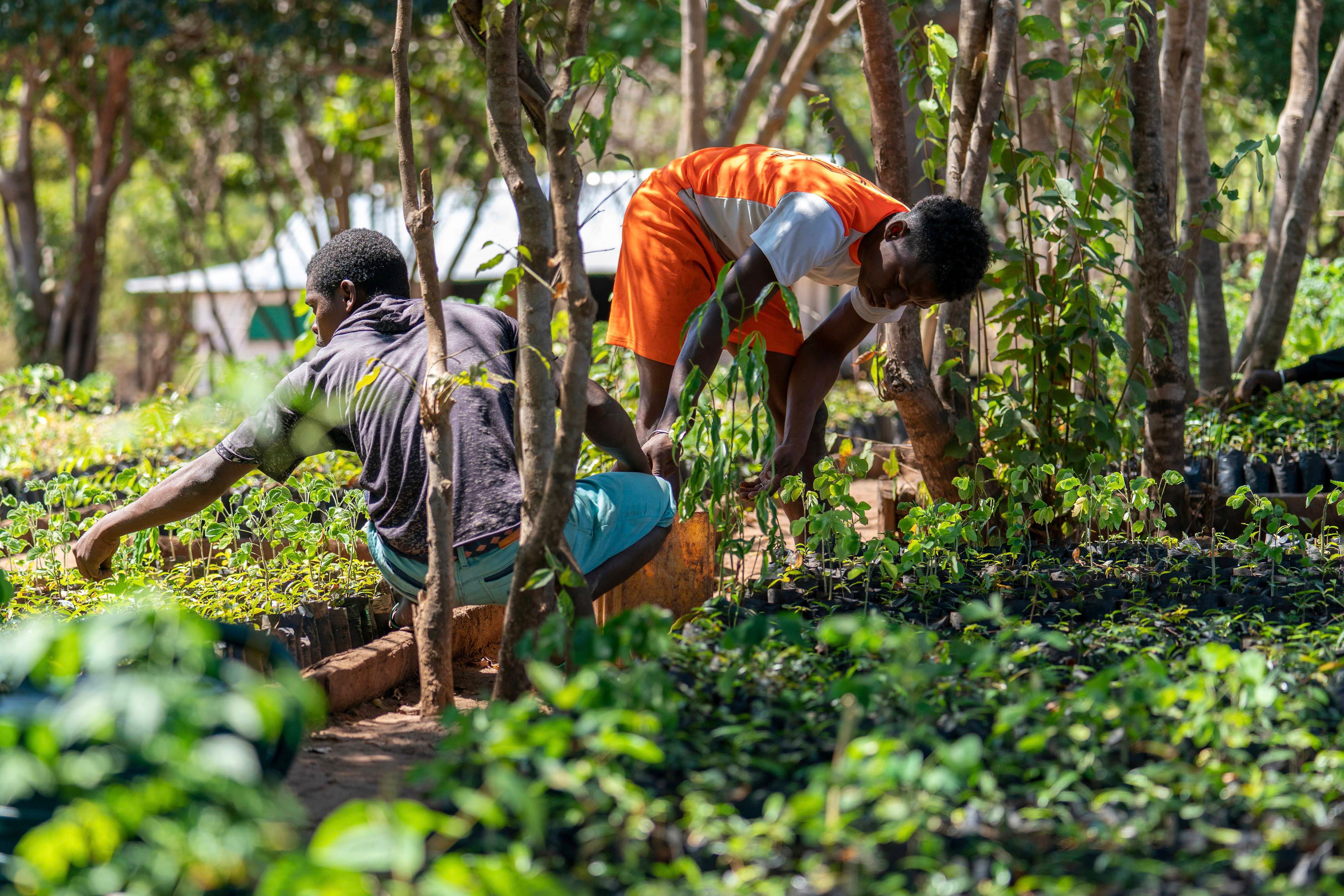
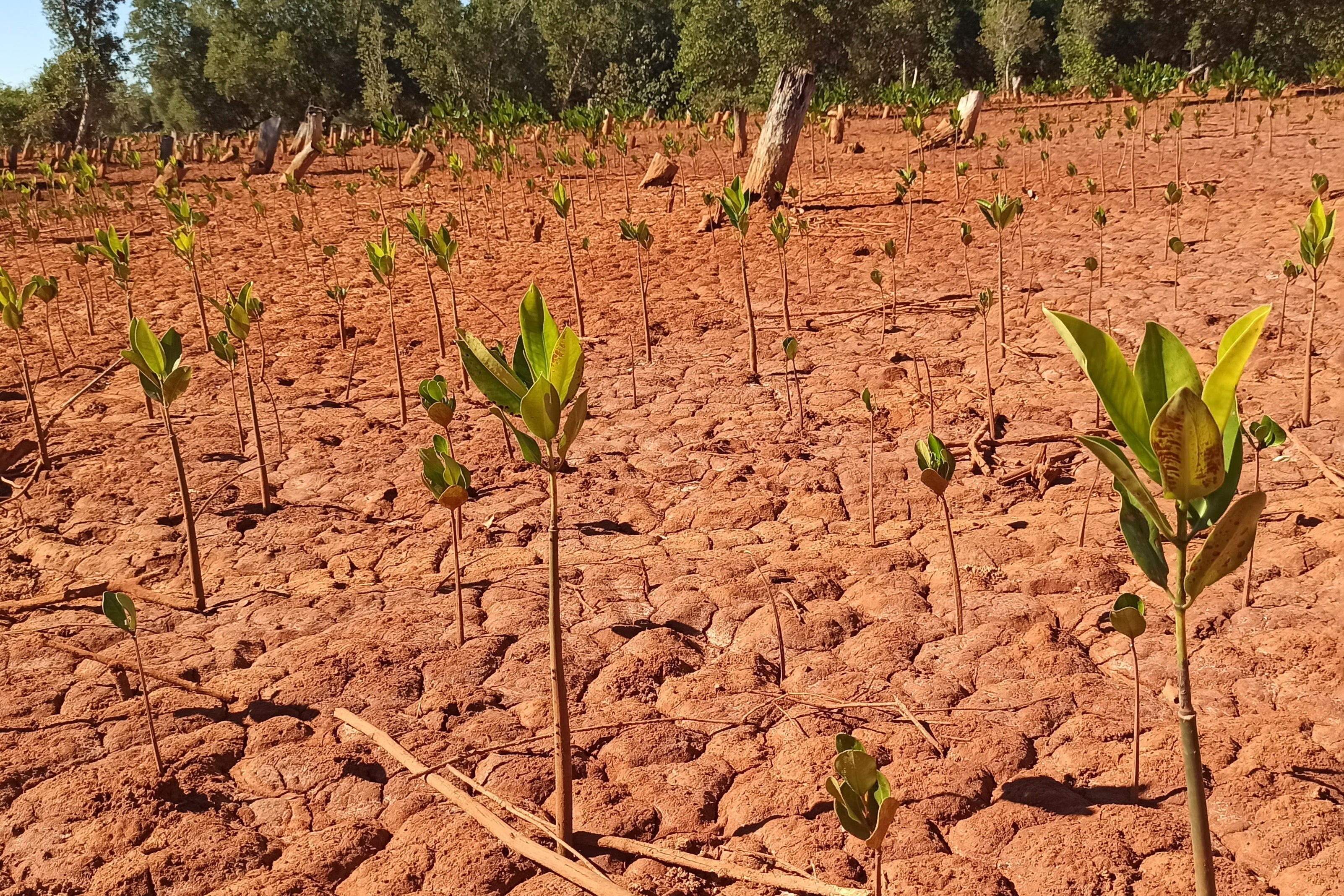
Current project: Madagascar
By: Eden Reforestation Projects
Why Trees Matter
The trees we plant with Eden Reforestation Projects support wildlife diversity, improve coastlines, provide meaningful wages to indigenous populations and grow Mangrove trees which are an incredible carbon sink.
Impact of planting Mangrove trees
Mangroves are unique ecosystems found throughout a wide range in the tropics and occupying the intertidal areas of more than 120 countries. Mangroves, and coastal wetlands in general, are globally important for the many services they provide to humans and the planet. These services include protection against storm surges, sheltering nurseries for fish and other marine life, providing building materials and firewood, and providing critically important services to stabilizing the global climate as an important store of carbon.
Mangroves, an incredible carbon sink
With the rapid increase in greenhouse gas emissions over the last century, the need for enduring carbon sinks has grown. The latest models suggest that to remain within“acceptable” global temperature increase, it is no longer enough to simply reduce emissions, and protect existing forests, but rather that we need to rapidly increase theability to sequester carbon. Globally, mangrove systems are estimated to hold an astounding 20 petagrams of carbon. For a biome representing less than 5% of the world’s terrestrial area, this makes mangroves one of the most important carbon stocks, even more than many rainforests like the Amazon. Equally, as a relatively fast-growing group of species, mangroves sequester carbon at a very fast rate.
Help support wildlife and diversity
As forests are destroyed, wildlife species lose their natural habitat, forcing them to relocate, and limiting their ability to survive. Madagascar is one of the world’s greatest conservation priorities, with over 200 species of mammals, 100 species of lemurs, 300 species of birds, and almost 300 species of amphibians. Around ninety percent of all wildlife in Madagascar is endemic. Our work with Eden protects these wildlife species in Madagascar by restoring their natural habitats.
UN Sustainable Development Goals
These are the UN Sustainable Development Goals being targeted by the Mangrove reforestation in Madagascar.
Still wondering?
How can you possibly plant for such a low price?
We work with Eden Reforestation to plant our mangrove species. Their cost per tree is inexpensive because most of the resources they need to plant a tree are either free or extremely affordable. A large majority of the trees we plant are mangrove species, and at 3-5 years of age, this species begins to produce and drop its own propagules, which can be used to give rise to a new tree. In the beginning, our partners collected resources from existing forests, and now they are producing an abundance of resources from their own forests. When the need arises, they purchase seeds in bulk and at a low cost from local sources. Many of the trees we plant are mangroves that only grow along coastlines creating "coastal forests," if you will. This provides the trees with an irrigation system that is largely self-sufficient and reduces the costs associated with irrigation. All of Eden’s International Employees are paid fair wages that have been transformational for their quality of life. Because our projects are in developing nations, this cost, combined with the speed and efficiency of the planting processes, allows eden to plant a large volume of trees at a very low price.
